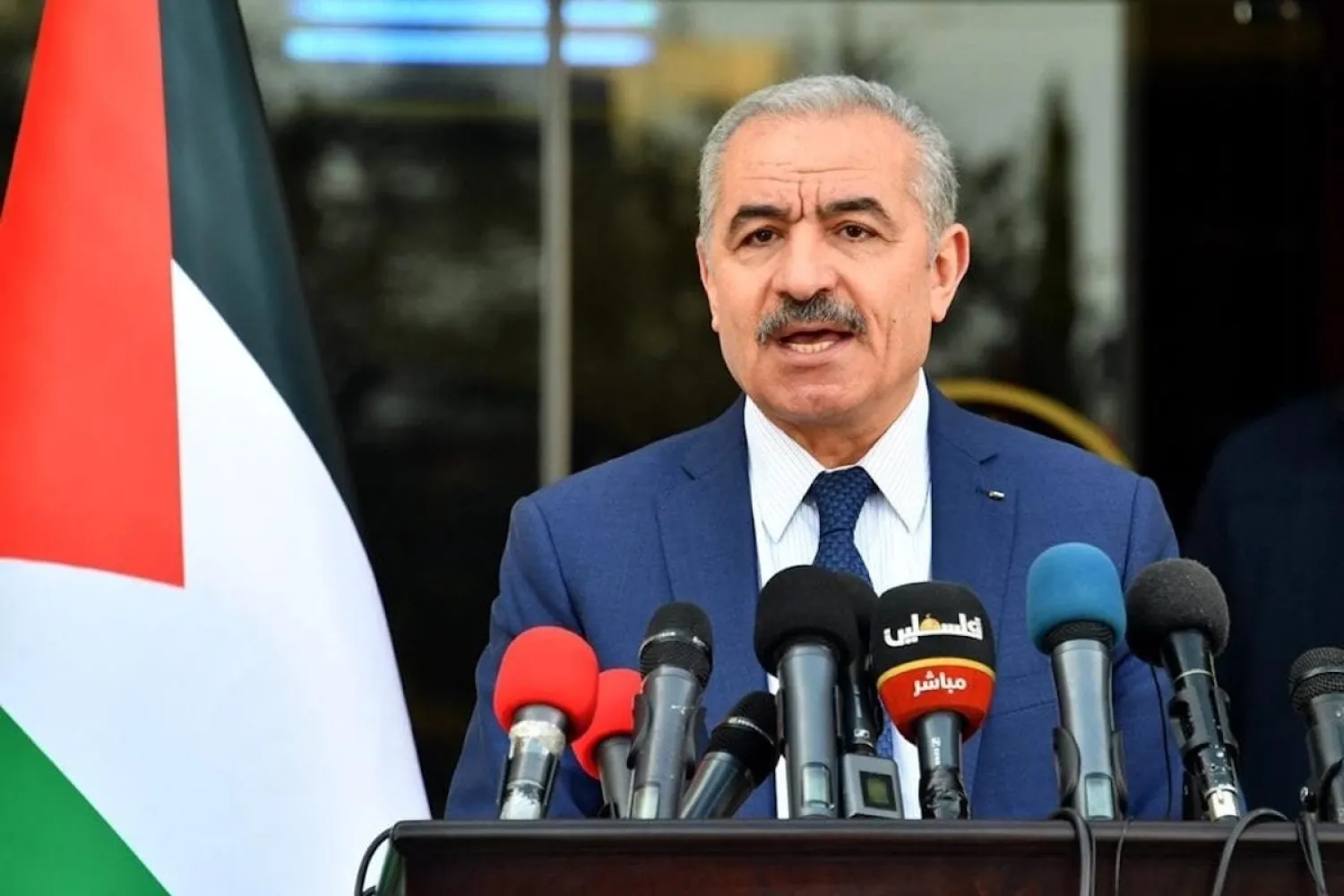Palestinian Prime Minister Mohammad Shtayyeh has called on the US Congress to recognize the State of Palestine and amend the laws and regulations that target the Palestinian Authority (PA) and the Palestine Liberation Organization (PLO).
Shtayyeh made the remarks during a meeting on Monday with a delegation of US congressmen from the Democratic and Republican parties at his office in Ramallah.
He was referring to the Anti-Terrorism Act the Congress passed in 1987 that declared the PLO to be a terrorist organization and prohibited the opening of the organization’s facilities on US soil.
The delegation was headed by Senator Ben Cardin, chairman of the US Commission on Security and Cooperation in Europe (CSCE), and included congressmen Steny Hoyer, Steve Cohen and Emmanuel Cleaver and Senators Robert Casey and Robert Portman.
The US administration should implement the pledges it made during the electoral campaign by reopening the US Consulate in Jerusalem and protecting the status quo of the holy city, Shtayyeh stressed.
He discussed with the delegation the future of the political process, accusing Israel of using the “systematic destruction” policy against the two-state solution and continuing the occupation that violates Palestinian human rights on a daily basis.
“Israel’s friends should prevent it from threatening its future and the region’s by continuing its colonial policy and violating human rights,” he noted.
Shtayyeh also referred to a report by the Human Rights Watch that monitored Israel’s violations of the rights of the Palestinian people, describing it as an “apartheid state.”
He told the congressmen about the roads and busses Palestinians cannot use, pointing out that Hebron city is divided, Jerusalem is surrounded by a wall that separates it from the West Bank, Gaza is under siege and that every component of Palestine’s geography is separated from the other.
“How can we continue to talk about the two-state solution while there are 720,000 settlers occupying Palestinian lands, the settlement program is ongoing and 62 percent of the Palestinian lands are under Israel’s direct control to be later used for settlement expansion projects?” he wondered.
Shtayyeh urged the US to pressure Israel to hold elections in all Palestinian cities, including Jerusalem, stressing Palestine’s willingness to organize the polls and protect its democracy.









